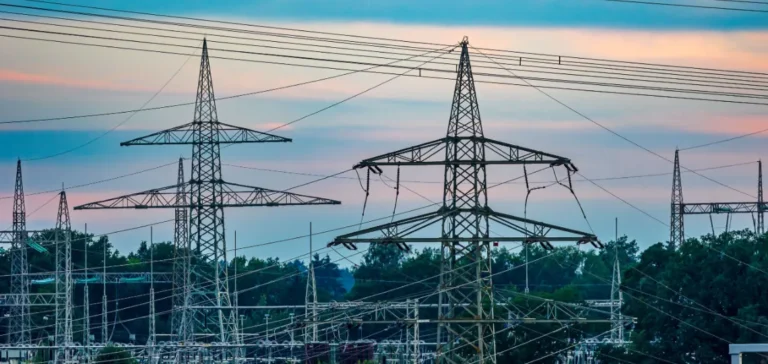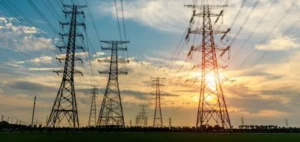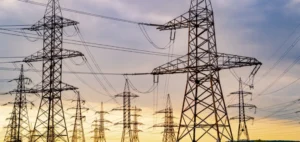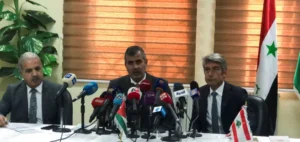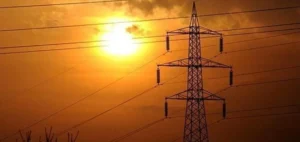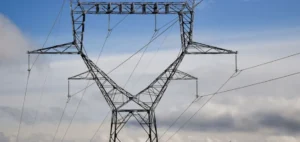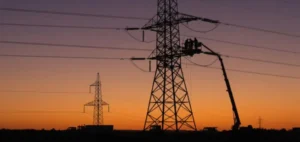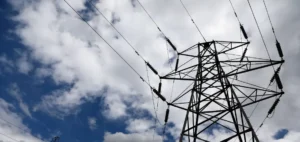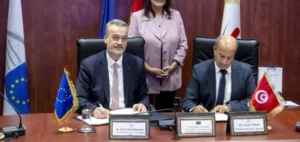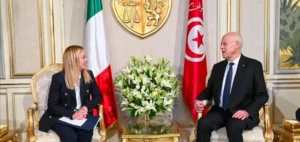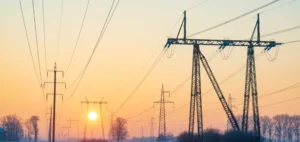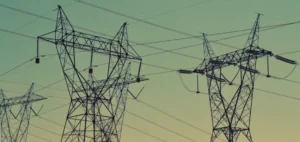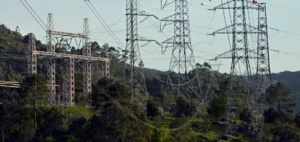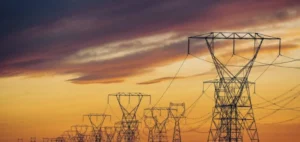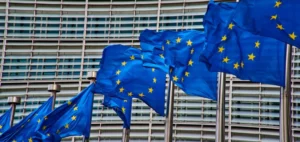The German government has included a ceiling of €7.6bn ($8.14bn) in its federal budget for acquiring a minority stake in the German subsidiary of transmission system operator TenneT, pending parliamentary approval. The initiative aims to secure the financial and strategic future of TenneT Germany’s high-voltage grid, which is critical to north-south electricity flows and offshore connections.
Financial structure with sovereign investors
The planned transaction complements a private capital increase scheduled for September 2025, in which an international consortium including Norges Bank Investment Management (NBIM, Norway), GIC (Singapore) and APG/ABP (Netherlands) is expected to invest around €9.5bn ($10.17bn) in TenneT Germany. The deal would value the company at approximately €40bn ($42.81bn), with the consortium collectively acquiring about 46% of the shares.
Germany’s contribution, likely to be channelled through development bank Kreditanstalt für Wiederaufbau (KfW), would support the capital base of the grid operator. The investment does not affect regulatory oversight, with Bundesnetzagentur (BNetzA) remaining responsible for validating capital expenditures and asset base determinations.
Budget rationale and energy sovereignty
Berlin’s primary objective is to ensure sufficient equity to meet the capital requirements of the NEP 2035 infrastructure plan, with TenneT targeting €200bn ($214bn) in total investment between 2025 and 2034. In Germany, the combined SuedLink, SuedOstLink and offshore expansion projects require sustained capital injections to maintain the company’s credit rating and leverage capacity.
The minority stake allows Germany to gain strategic oversight without generating conflict with the Dutch state, which remains the sole owner of TenneT Holding. It also enables a potential future increase in participation, if justified by financial or geopolitical developments, without reopening a politically sensitive full acquisition.
Impact on the energy value chain
The involvement of public and sovereign capital in TenneT Germany lowers the weighted average cost of capital (WACC) and secures project orders for HVDC (high-voltage direct current) integrators such as Siemens Energy and Hitachi Energy. Cable manufacturers including NKT, Nexans and Prysmian are also expected to benefit from greater financial visibility through multi-year contracts.
SuedLink construction, scheduled for grid connection in 2028, is underway with cable deliveries already initiated. The corridor is essential for transporting wind-generated electricity from the North Sea to industrial centres in southern Germany.
Regulatory and governance matters under discussion
The investment remains subject to approval by the Bundestag budget committee. The initial disbursement plan outlines a €102mn ($109mn) tranche for 2026, with the remainder to be released in future fiscal years. Governance terms, including political rights, ring-fencing of German and Dutch cash flows, and shareholder agreement clauses, are still under negotiation.
The shareholders’ pact will define voting rights and dividend distribution, while compliance with EU state aid rules is being reviewed to ensure equal treatment across German transmission system operators.


